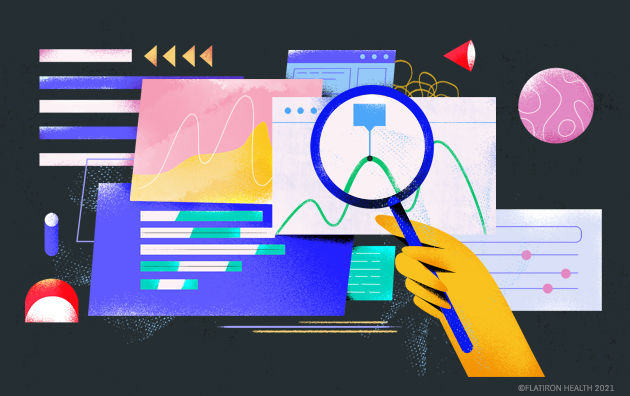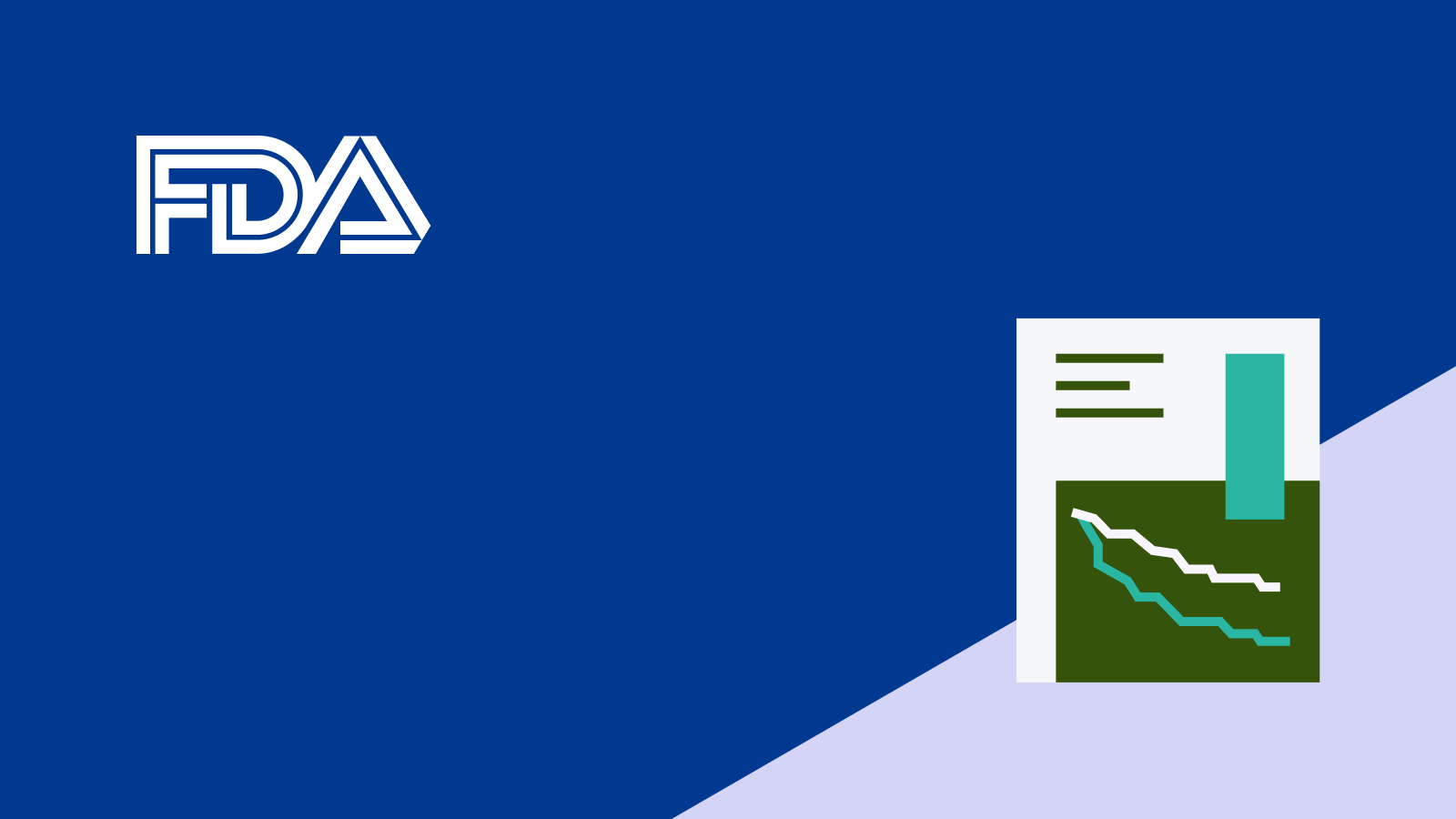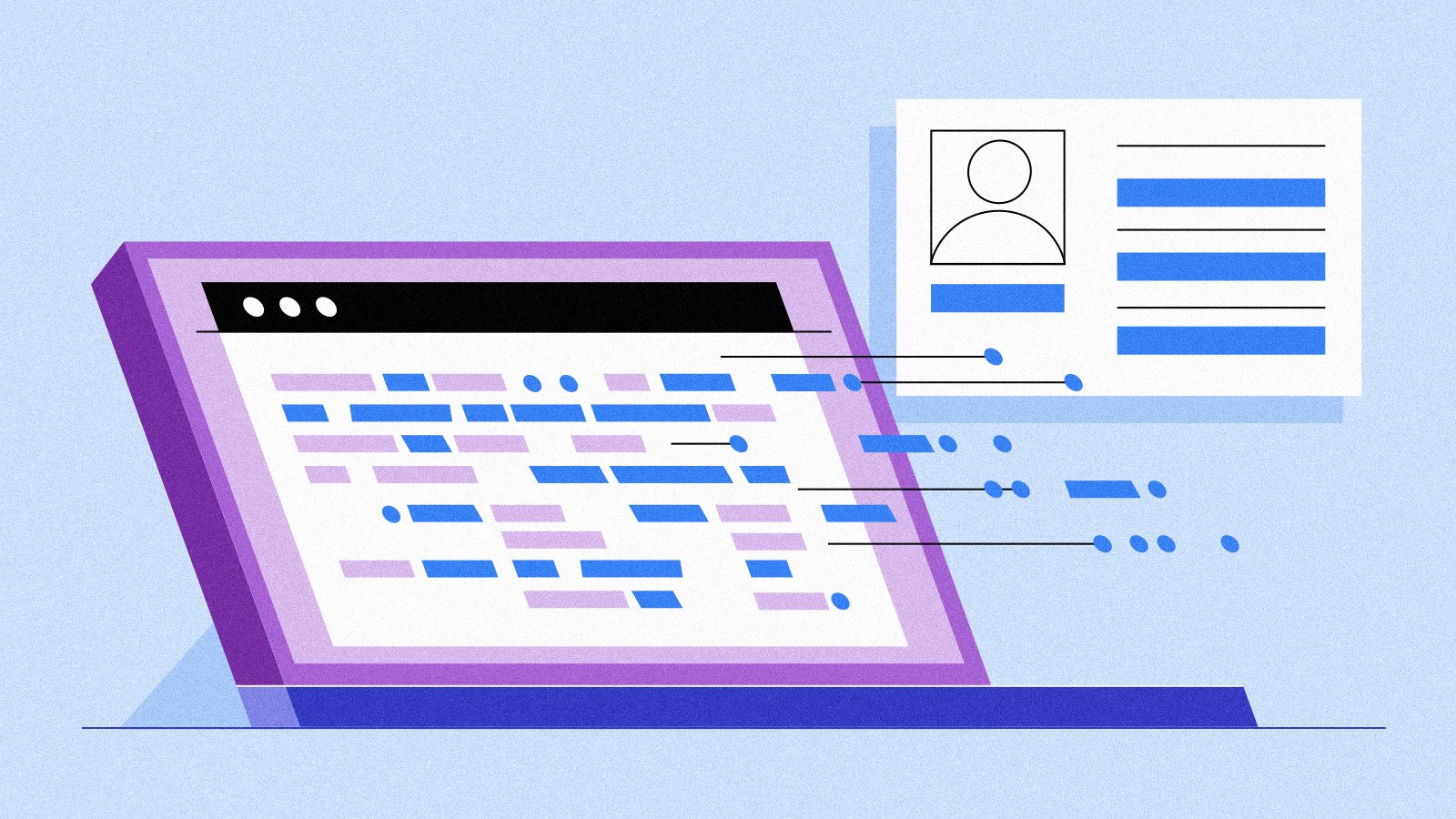The COVID-19 pandemic is unprecedented in its combination of severity, rapid global spread, and the sheer volume of data needed, generated and analyzed in record time, from scientific studies to social media. High-quality, real-time, real-world data (RWD) about on-the ground conditions has been required to generate real-world evidence (RWE) about the disease itself, to understand its impact on potentially high-risk populations such as patients with cancer, and to support real-time decisions, some with life-or-death consequences.
To meet this need for real-world information, public health registries quickly evolved to track new data variables such as results from newly developed diagnostic assays for SARS-CoV-2 infection and newly defined clusters of symptoms like fever, loss of sense of smell and difficulty breathing. Some health systems opened new channels for real-time data collection, like home pulse oximetry readings and content from telephone check-ins with COVID-positive patients. Meanwhile, we saw a widening fluency and an expanding familiarity with scientific research terminology beyond specialized settings. Phrases from "randomized controlled trials" to "mRNA" to "real-world evidence" became regular features in primary-care visits, general interest media and even dinner-table conversations.
Organizations like Flatiron Health that helped pioneer the field of oncology RWD have had to adjust methods of data collection and analysis. For example, the advent of widespread telemedicine shifted how patient data are captured in electronic health records (EHRs). And COVID-19 itself created new sources of potential confounding that could impact analytic approaches. Cancer patients who are immunocompromised may be at risk for increased mortality due to COVID-19 itself. Treatment intensity deescalation out of concerns about risk of COVID-19 infection also could decrease survival. The sheer scale of the COVID-19 pandemic makes it even more crucial to take this and other novel sources of confounding into consideration.
Oncology has been an important proving ground for RWD and RWE, and many are closely watching to learn how the pandemic has impacted cancer treatment and outcomes. Much has been learned to date, but the direct (and indirect) relationships between COVID-19 and cancer remain unclear. Hundreds of cancer clinical trials were delayed or stopped altogether as lockdowns disrupted the in-person manner in which trials are traditionally conducted. Some early research suggests the pandemic's initial impact on cancer trials has begun to ease, but note that many thousands of cancer patients did not or will not enroll in trials that were stopped, terminated or withdrawn during the pandemic. We don't yet know how much of that "missing" clinical evidence will ever be recovered.
RWE appears to have shown resilience during the pandemic, as data from treatment and patient outcomes continued to accumulate during routine care documented in EHRs. And we are already seeing interesting, and some unexpected, signals in the data. But a word of caution is critically important here: Even with the comparative abundance of RWE, it's just too early to know for sure how the pandemic affected cancer care and outcomes. A great deal of work remains to be done to tease apart influences and causal pathways.
For example, an RWD study conducted by researchers at Flatiron and partner academic institutions and presented at ASCO21 evaluated treatment for U.S. patients with a documented diagnosis of advanced stage/recurrent cancer (seven solid tumor types) during April-July 2020 compared to the same time period in 2019. In the primary analysis, the team saw no difference in the time to systemic therapy treatment initiation after documented advanced stage/recurrent cancer diagnosis during the early pandemic months– despite the enormous disruption to healthcare across the country. Also, the pandemic cohort had a higher proportion of patients with documented de-novo advanced disease (i.e., whose first diagnosis is advanced rather than early stage), and was slightly smaller than the 2019 cohort.
Does this mean that health systems – across the country or in certain regions – still managed to deliver cancer care to patients who needed it most urgently, despite the pandemic's disruption? If so, what made this possible? Increased appointment availability due to overall lower clinic volumes? Streamlined work-ups and increased telemedicine to minimize patient contact with healthcare providers? Why does this study show fewer patients with a documented diagnosis of advanced/recurrent cancer during the pandemic time period? Maybe patients with de-novo advanced cancer were more likely to go to the doctor for evaluation than were patients with recurrent but asymptomatic cancer who deferred surveillance imaging? Separately, were previously treated cancer patients more likely to succumb to COVID-19 due to an immunocompromised state? As the pandemic winds down in the United States, will we see an uptick in documented diagnoses of recurrent advanced cancer? If so, what does this mean for cancer outcomes?
In other words, early findings raise many additional questions that will require much more research to expand our understanding of the complex impacts of COVID-19 on cancer.
This particular study resulted from a request for proposals in the summer of 2020 for projects that could leverage Flatiron oncology RWD to help meet the need for rigorous research into the impact of the COVID-19 pandemic on patients with cancer. A special task force of scientists from Flatiron and seven academic medical center partners reviewed the proposals; a second study from this initiative also was accepted for ASCO this year, adding to the growing body of crucial research. Other groups have focused on cancer patients with COVID-19 disease, such as the COVID-19 and Cancer Consortium (CCC19), which combined data from more than 100 institutions.
The COVID-19 pandemic has set off seismic changes across healthcare and far beyond. Flatiron's investments in adapting our RWD to capture significant changes in cancer care delivery and to understand the impact of COVID-19 on oncology illustrate the kinds of innovation this pandemic has demanded of the entire scientific community. Evidence that is truly based in real-world experience must be dynamic and responsive to real-time developments, with an ongoing evaluation of whether existing data sources are appropriate for specific emerging use cases. The COVID-19 pandemic provides another lesson that RWE is only as reliable as its component data elements, and we must always be vigilant to the risks of missing data and bias in order to support trustworthy and repeatable research.
Impact of COVID-19 pandemic on time to treatment initiation for patients with advanced cancer Abstract 1528, was a collaboration among Flatiron Health, Fox Chase Cancer Center , Moffitt Cancer Center ; Perelman School of Medicine at the University of Pennsylvania (lead author Samuel U. Takvorian), University of Alabama at Birmingham and Yale School of Medicine .



